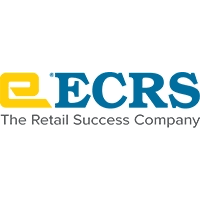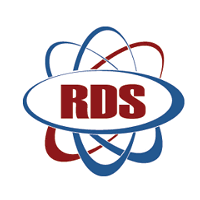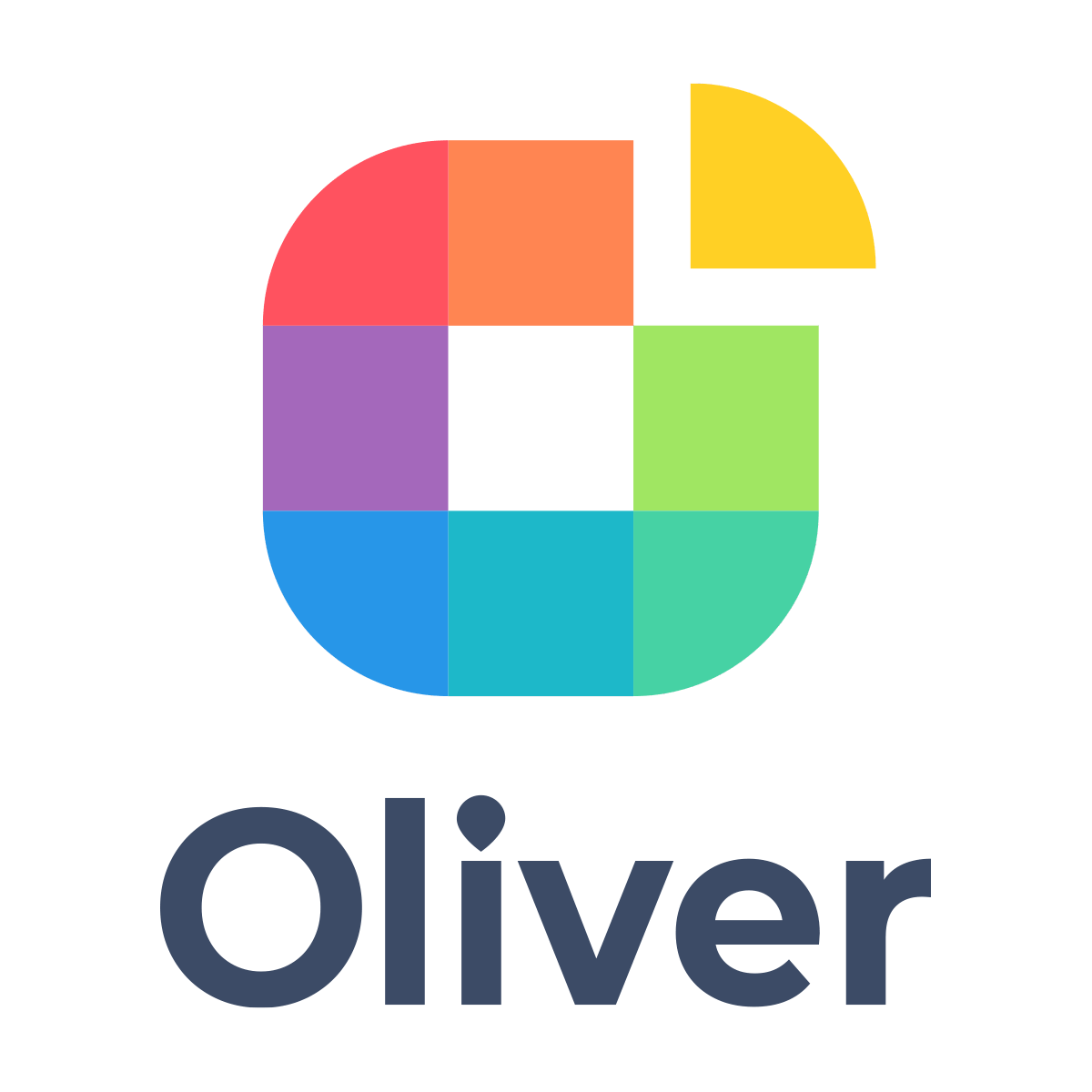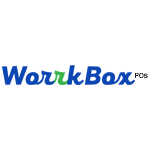Description

ECRS

Retail Data Systems
Comprehensive Overview: ECRS vs Retail Data Systems
ECRS (Electronic Cash Register Systems) is a prominent provider in the field of retail data systems, known for offering comprehensive point-of-sale (POS) solutions tailored to various sectors within the retail industry. Let’s break down their offerings and market positioning:
a) Primary Functions and Target Markets
Primary Functions:
-
Point of Sale Systems: ECRS offers robust POS solutions designed to streamline retail operations. These systems manage transactions, inventory, customer management, and payment processing.
-
Inventory Management: Advanced inventory control features help retailers maintain optimal stock levels, reducing waste and ensuring availability. ECRS systems provide real-time inventory tracking and automated reorder capabilities.
-
Customer Management: Features include loyalty programs, customer insights, and personalized marketing capabilities, which help businesses enhance customer engagement and retention.
-
Reporting and Analytics: ECRS solutions offer detailed reporting and analytical tools, enabling retailers to make informed decisions based on sales data, inventory levels, and customer behavior insights.
-
Integration: ECRS products offer integration capabilities with other retail applications and services, such as accounting software, e-commerce platforms, and CRM systems.
Target Markets:
- Grocery Stores: ECRS is known for its strong presence in the grocery and supermarket sector, providing tailored solutions that handle high-volume transactions and complex inventory needs.
- Convenience Stores: The systems are also well-suited for convenience stores that require efficient and quick transaction processing.
- Specialty Retail: ECRS provides solutions for specialty retail sectors like health and natural products, providing tools for managing detailed product information and compliance requirements.
b) Market Share and User Base
ECRS is considered a significant player in the retail POS market, especially within the grocery and specialty retail segments. While the exact market share can fluctuate and precise numbers can be proprietary, ECRS is recognized for having a solid presence in the sectors it targets, primarily due to its specialized solutions and focus on improving operational efficiency. Its user base includes a wide array of retail businesses, from small independent stores to larger regional chains. However, compared to giants like Square or Shopify, which cater to a broader, often less specialized market, ECRS focuses more on tailored solutions for specific retail needs.
c) Key Differentiating Factors
-
Industry-Specific Solutions: Unlike generic POS systems, ECRS provides industry-specific functionalities, particularly excelling in sectors like grocery and specialty foods, where inventory management and transaction efficiency are crucial.
-
Customization: ECRS systems offer high adaptability to meet the specific operational needs of different retail businesses, allowing retailers to customize the system to align with their workflows.
-
Scalability: ECRS solutions are scalable, designed to grow with the business. They accommodate the needs of both small-scale operations and larger enterprises looking to expand.
-
Customer Support and Training: The company emphasizes strong customer support and training, ensuring that retailers can fully leverage their systems and address issues swiftly.
-
Advanced Inventory Capabilities: ECRS is particularly noted for its sophisticated inventory management tools, crucial for sectors like grocery that deal with perishable goods and complex supply chains.
-
Robust Analytics and Reporting: The depth of analytics and reporting offered aims to provide comprehensive insights into operations, which is critical for strategic decision-making in the competitive retail landscape.
Overall, ECRS stands out due to its specialized focus, comprehensive feature set tailored for complex retail environments, and strong support infrastructure, making it a preferred choice for businesses looking for solutions beyond standard POS capabilities.
Contact Info

Year founded :
1940
Not Available
Not Available
Not Available
Not Available

Year founded :
1950
+1 402-553-6220
Not Available
United States
http://www.linkedin.com/company/retail-data-systems
Feature Similarity Breakdown: ECRS, Retail Data Systems
ECRS and Retail Data Systems are companies that offer point-of-sale (POS) solutions and related services primarily targeted at the retail industry. Both companies aim to provide efficient and comprehensive tools for retail management. Here’s a breakdown of their feature similarities and differences:
a) Core Features in Common
-
Point-of-Sale (POS) Solutions:
- Both companies offer robust POS systems designed for ease of transaction processing, inventory management, and sales reporting.
-
Inventory Management:
- They provide features to track inventory levels, reorder quantities, and manage stock across multiple locations.
-
Customer Relationship Management (CRM):
- CRM capabilities are integrated to help retailers manage customer interactions, loyalty programs, and targeted marketing efforts.
-
Employee Management:
- Features for managing employee schedules, permissions, and performance tracking are generally present in both systems.
-
Reporting and Analytics:
- Comprehensive reporting tools that offer insights into sales trends, store performance, and customer behavior.
-
Integration Capabilities:
- Ability to integrate with third-party applications for accounting, e-commerce, and other business functions.
b) User Interface Comparison
-
ECRS: ECRS systems, such as the Catapult POS, are known for their user-friendly interfaces that emphasize ease of navigation and customization. The interface tends to be intuitive, making it easier for employees to learn and use effectively.
-
Retail Data Systems: Retail Data Systems offers a variety of POS solutions with interfaces that can vary depending on the specific product. Generally, their interfaces focus on functionality and flexibility, catering to the specific needs of different retail environments. The usability might depend on the particular software solution they offer.
In general, while both companies aim for user-friendly interfaces, ECRS might have a slight edge in terms of intuitive design across its retail solutions due to its emphasis on seamless user experiences.
c) Unique Features
- ECRS:
- AutoScale: ECRS offers an integrated scale system, ideal for grocery and fresh food retail environments, where weight-based pricing is essential.
- CATAPULT® Retail POS System: Known for its unified commerce platform, it allows for seamless integration of all retail operations, promoting a centralized system of transaction management.
- Self-Checkout Options: ECRS has a strong offering in self-service checkouts, supporting retailers in reducing wait times and improving customer service.
- Retail Data Systems:
- Flexibility in Solutions: Retail Data Systems often tailor solutions to specific industry needs, such as hospitality, grocery, and convenience stores, which can be advantageous for businesses with niche requirements.
- Hardware Variety: They offer a diverse range of hardware solutions, which can be beneficial for retailers looking to customize their in-store setup.
- Regional Focus: Their regional approach allows them to serve local businesses more intimately and personally with solutions that take regional differences into account.
In summary, both ECRS and Retail Data Systems offer comprehensive retail POS solutions with similar core features. ECRS stands out with its integrated weighing solutions and unified commerce platform, while Retail Data Systems offers flexible, industry-specific solutions and a strong regional presence. The choice between the two would largely depend on specific business requirements and preferences in user interface experiences and feature sets.
Features

Not Available

Not Available
Best Fit Use Cases: ECRS, Retail Data Systems
ECRS (Electronic Cash Register Systems) and Retail Data Systems are both prominent solutions in the realm of retail technology, primarily focusing on point-of-sale (POS) systems and related technologies. Here's a detailed description of their best-fit use cases:
a) ECRS Use Cases:
-
Types of Businesses or Projects:
- Grocery Stores & Supermarkets: ECRS offers specialized solutions tailored for grocery environments, including robust inventory management, scale integration, and self-checkout options.
- Convenience Stores & Gas Stations: These businesses benefit from ECRS's ability to handle complex transaction types, including fuel sales, within an all-in-one POS solution.
- Natural & Specialty Retail: ECRS is well-suited for natural product vendors needing detailed data analytics and inventory tracking, often integrating loyalty and rewards programs.
- Healthcare Retail (e.g., pharmacies): The system can integrate with healthcare regulations and manage complex SKU requirements efficiently.
-
Features:
- Inventory Management: Advanced inventory management capabilities that include real-time tracking and reporting.
- Customer Engagement: Tools for customer loyalty, promotions, and personalized services.
- Scalability: Scalable solutions suitable for small to medium-sized businesses looking to expand.
b) Retail Data Systems Use Cases:
-
Scenarios for Preferred Use:
- Broad Retail Sectors: A generalist approach that fits a wide range of retail environments beyond specialty stores, including clothing, electronics, and various retail chains.
- Hospitality Ventures: Including restaurant and foodservice establishments that require specialized POS solutions for order management, table service, and delivery integration.
- Franchise Operations: Organizations with franchised stores benefit from the centralized management and consistent reporting features of Retail Data Systems.
-
Features:
- Customization: Solutions can be custom-tailored to meet the specific needs of diverse retail industries.
- Integration: Strong integration capabilities with third-party applications, accounting systems, and other retail technologies.
- Comprehensive Support: Offers extensive customer support and training, which is advantageous for businesses lacking in-house IT expertise.
d) Catering to Different Industry Verticals or Company Sizes:
-
ECRS:
- Industry Verticals: Primarily focused on grocery, convenience, and specialty retail. Its POS systems are robust enough to cater to niche markets with unique inventory and sales needs.
- Company Sizes: Best suited for businesses ranging from small, independent retailers to mid-sized supermarket chains looking to enhance their operational efficiency and customer experience.
-
Retail Data Systems:
- Industry Verticals: Versatile across various verticals including retail, hospitality, and foodservice industries. Their adaptability makes them well-suited for businesses with diverse operational needs.
- Company Sizes: Targets small to large businesses, including those with multiple locations requiring centralized management and oversight. It is especially advantageous for growing franchises and chain operations due to its scalability and integration capabilities.
In conclusion, while both ECRS and Retail Data Systems offer comprehensive retail solutions, their suitability depends on the specific needs and industry focus of the business. ECRS is ideal for specialized retail environments, while Retail Data Systems provides a flexible, integration-friendly platform for a wider range of commercial applications.
Pricing

Pricing Not Available

Pricing Not Available
Metrics History
Metrics History
Comparing teamSize across companies
Conclusion & Final Verdict: ECRS vs Retail Data Systems
Conclusion and Final Verdict for ECRS vs. Retail Data Systems
When comparing ECRS and Retail Data Systems, it's crucial to evaluate the specific needs of your retail operation and how each solution aligns with those needs. Both platforms offer comprehensive POS systems and services aimed at streamlining retail operations, yet they cater to different types of businesses and requirements.
a) Best Overall Value
ECRS offers the best overall value for retailers looking for an integrated system that emphasizes automation, efficiency, and a holistic approach to retail management. Their CATAPULT® POS system is known for its real-time inventory management, customer loyalty solutions, and seamless integration across multiple locations. This makes it particularly well-suited for larger retail operations or those with complex inventory needs.
b) Pros and Cons
ECRS Pros:
- Integration and Automation: ECRS excels in its ability to integrate various retail functions into one system, reducing manual processes and minimizing human error.
- Scalability: Ideal for businesses planning to scale or those with multiple locations.
- Customer Loyalty Programs: Offers robust features to manage and analyze customer data, enhancing customer engagement.
- Support and Training: Provides comprehensive training programs and customer support to ensure smooth implementation and operation.
ECRS Cons:
- Cost: Higher initial investment for setup and implementation.
- Complexity: The system’s extensive features can be overwhelming for smaller businesses or those unfamiliar with advanced retail technology.
Retail Data Systems Pros:
- Affordability: Often more cost-effective than ECRS, making it appealing for small to mid-sized businesses.
- Customization: Offers flexible solutions that can be customized to meet specific business needs.
- Ease of Use: Generally considered more user-friendly for businesses with straightforward operational needs.
- Local Presence: Strong local support across various regions, ensuring timely assistance and understanding of local retail markets.
Retail Data Systems Cons:
- Limited Scalability: May not be as effective for businesses planning significant expansion or those with more complex, multi-location needs.
- Integration Challenges: May not integrate as seamlessly across different functions compared to ECRS.
- Basic Features: Lacks some advanced features offered by ECRS, such as detailed analytics and comprehensive inventory management.
c) Recommendations
For businesses choosing between ECRS and Retail Data Systems, the decision should largely be driven by the size and complexity of their operations:
-
ECRS is recommended for larger retail businesses or chains that require advanced features, seamless integration, and robust management systems. If your business focuses on leveraging data for decision-making and enhancing customer loyalty, ECRS provides the necessary tools and infrastructure for growth and efficiency.
-
Retail Data Systems is suitable for small to mid-sized retail operations that prioritize cost-effectiveness and ease of use. If your primary need is a reliable POS system without the complexity of extensive integrations, Retail Data Systems offers a practical solution that can be tailored to meet specific operational requirements.
Ultimately, both systems have their unique strengths, and retailers should consider factors like budget, business size, operational complexity, and long-term growth plans when making their choice. A thorough evaluation of specific business requirements and future vision will guide the best choice between ECRS and Retail Data Systems.
Add to compare
Add similar companies




